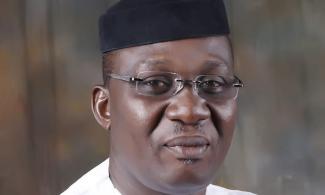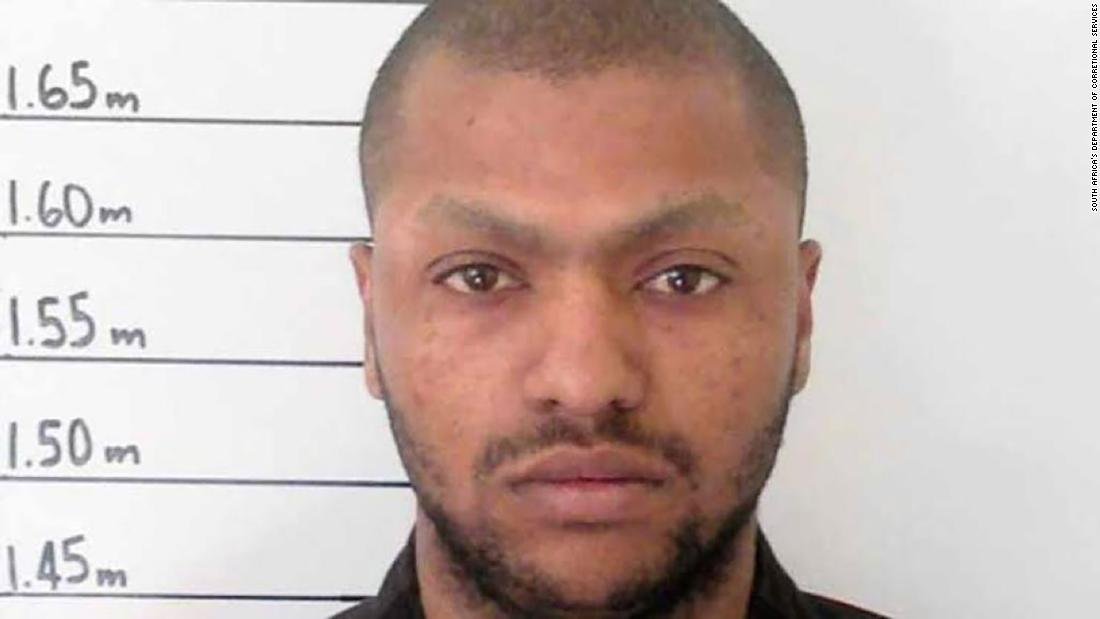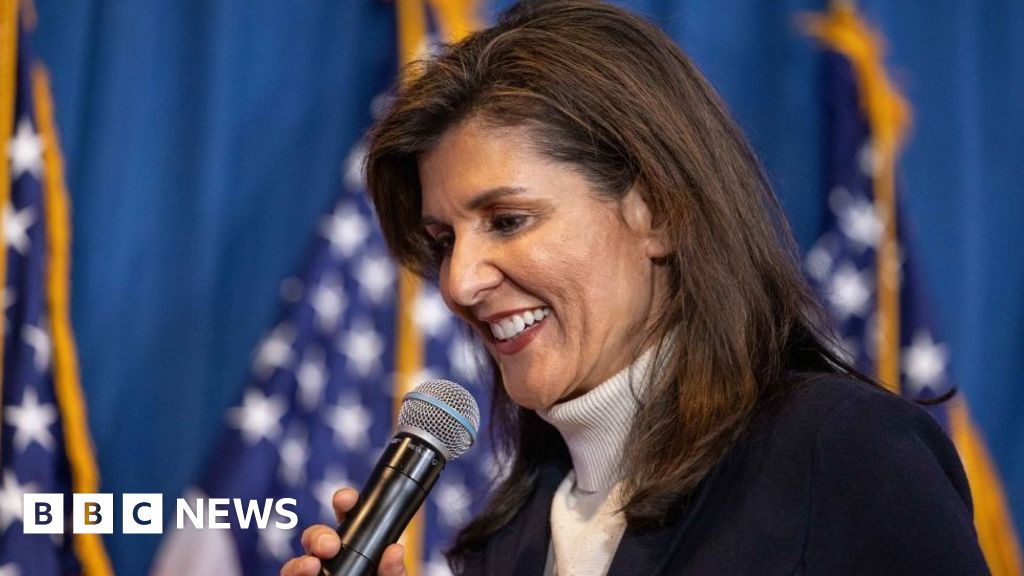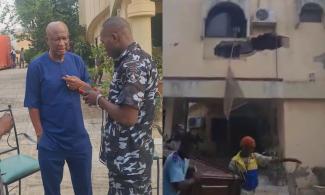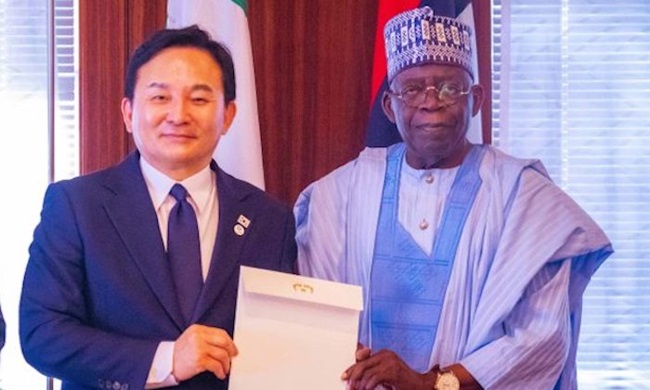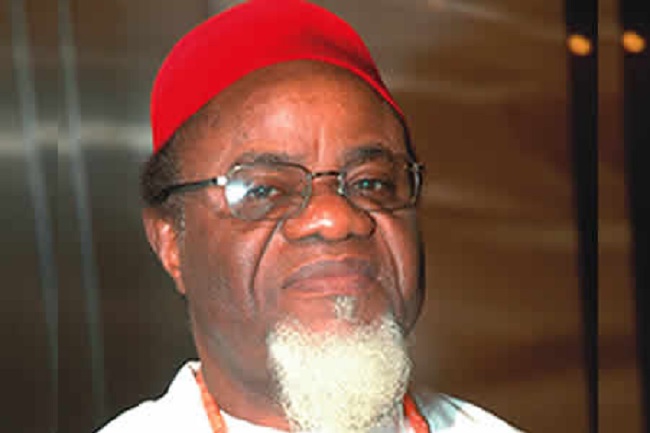German Army ‘Limited’ In Russia Response, Says Commander
Germany’s army can do little to support the response to the Russian invasion, its chief said said Thursday, as the country’s ex-defence minister admitted that Berlin committed a “historical failure” in not bolstering itself militarily. Annegret Kramp-Karrenbauer, who was defence minister in Angela Merkel’s cabinet said Germany had forgotten lessons from the past that … Continue reading German Army ‘Limited’ In Russia Response, Says Commander
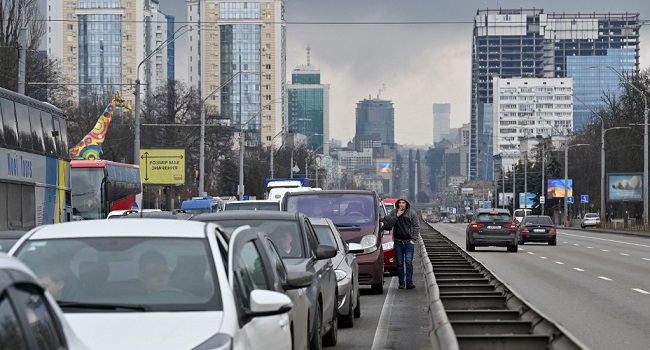

Germany’s army can do little to support the response to the Russian invasion, its chief said said Thursday, as the country’s ex-defence minister admitted that Berlin committed a “historical failure” in not bolstering itself militarily.
Annegret Kramp-Karrenbauer, who was defence minister in Angela Merkel’s cabinet said Germany had forgotten lessons from the past that “negotiation always comes first, but we have to be militarily strong enough to make non-negotiation not an option for the other side”.
“I’m so angry at ourselves for our historical failure. After Georgia, Crimea, and Donbas, we have not prepared anything that would have really deterred Putin,” admitted Kramp-Karrenbauer, referring to incursions carried out by Russia while Merkel was in power.
Her outburst on Twitter came as the chief of the German land army, Alfons Mais, wrote on a post on the social network LinkedIn that “the options we can offer to politicians to support (NATO) are extremely limited.”
The Bundeswehr “is more or less bare,” he wrote.
Western allies had “seen it coming and were not in the position to come through with our arguments, to draw the lessons from the annexation of Crimea and to implement them,” the commander said.
“NATO territory is not directly threatened yet, even if our partners in the east feel the constantly growing pressure,” he said.
Mais said it was high time to bolster the army.
“When if not now is the time to … rebuild, otherwise we will not be able to carry out our constitutional mission or our obligations to our allies with any prospect of success,” Mais said.
NATO partners will hold a virtual summit Friday to discuss their response.
Around 550 German soldiers are stationed in Lithuania as part of a NATO mission and the government has pledged up to 350 additional troop reinforcements.
Germany was criticised in the build-up to the invasion for refusing to deliver lethal weapons into the crisis zone, sending instead 5,000 helmets to Ukraine.
The weapons export policy is a long-standing principle, which has its roots in the war of aggression led by the Nazis during World War II.
Instead, Germany has provided the Ukraine with upwards of 2 billion euros ($2.2 billion) in financial support over the last eight years.
In January, the head of the German navy, Kay-Achim Schoenbach, stepped down following his remark made at an Indian think-tank that the Russian President Vladimir Putin “is to be respected”.
AFP








